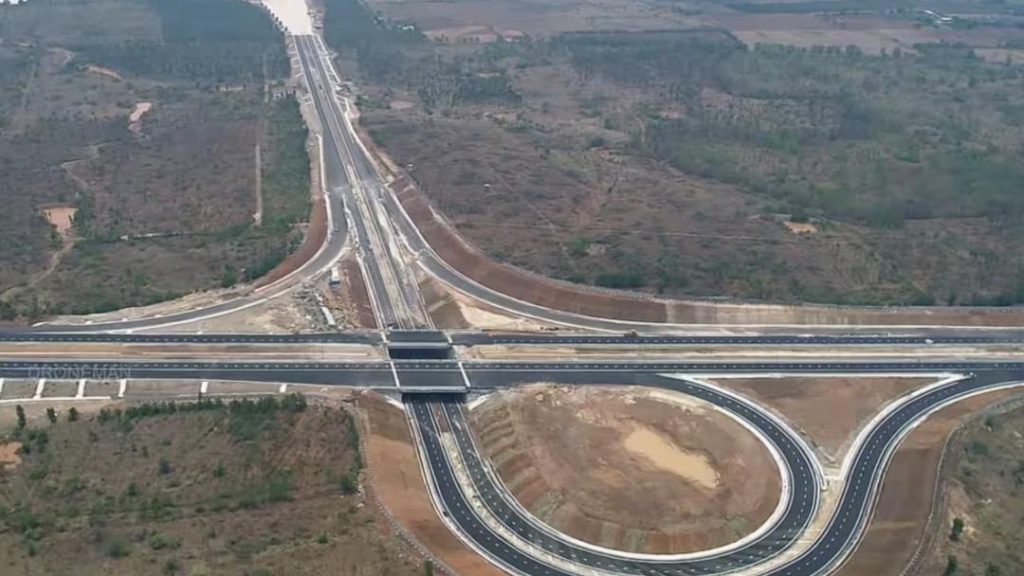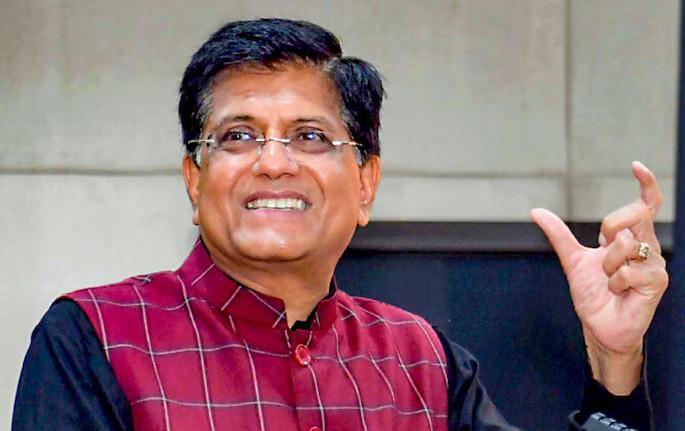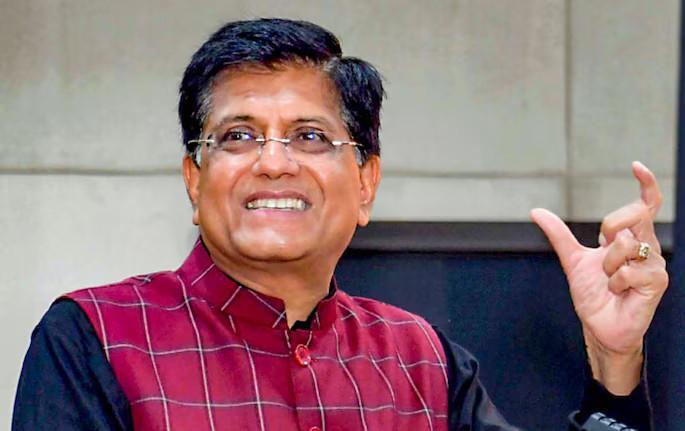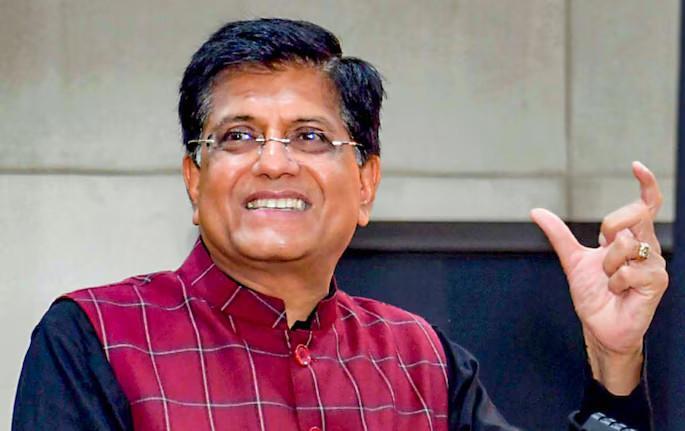
Bengaluru-Chennai Expressway Delayed, Now Set for June 2026
The much-anticipated Bengaluru-Chennai Expressway, which is expected to revolutionize the travel experience between two of India’s major cities, has been delayed. Initially scheduled for completion by August 2025, the expressway is now set to be fully operational by June 2026. The 262 km long highway, which will significantly reduce travel time and boost economic growth, has faced construction challenges and delays.
According to reports, 71 km of the expressway has already been completed, but the remaining 191 km is yet to be finished. The delay is attributed to the relocation of electricity towers and other construction challenges. Despite the setback, the authorities are optimistic that the expressway will meet its revised deadline of June 2026.
The Bengaluru-Chennai Expressway is a vital infrastructure project that aims to reduce travel time between the two cities. Currently, the journey takes around 7-8 hours by road, which is expected to be reduced to just 4 hours with the new expressway. This will not only make travel more convenient but also boost economic growth by facilitating the movement of goods and people.
The expressway is designed to be a high-speed road with a maximum speed limit of 120 km/h. It will have six lanes, with three lanes in each direction, and will feature advanced safety features such as median barriers, crash barriers, and emergency lanes. The project also includes the construction of 14 major bridges, 21 minor bridges, and 35 vehicular underpasses.
The delay in the project’s completion has been attributed to various factors, including the relocation of electricity towers, which is a complex and time-consuming process. The authorities have had to work closely with the electricity board to ensure that the towers are relocated without disrupting power supply to the surrounding areas.
Other construction challenges have also contributed to the delay. The expressway passes through several densely populated areas, which has made it necessary to relocate utilities such as water and sewage lines. Additionally, the project has faced environmental concerns, including the need to mitigate the impact of the expressway on local wildlife.
Despite the challenges, the authorities are confident that the Bengaluru-Chennai Expressway will be completed by June 2026. The project is being implemented by the National Highways Authority of India (NHAI), which has assured that the revised deadline will be met.
The Bengaluru-Chennai Expressway is expected to have a significant impact on the economy of both cities. It will reduce travel time, making it more convenient for people to commute between the two cities. This will lead to an increase in trade and commerce, as well as an influx of tourists and business travelers.
The expressway will also reduce congestion on the existing roads, which will lead to a decrease in travel time and an improvement in air quality. Additionally, the expressway will provide a safe and efficient mode of transportation, reducing the risk of accidents and improving road safety.
In conclusion, while the delay in the completion of the Bengaluru-Chennai Expressway is disappointing, it is expected to be worth the wait. The expressway will revolutionize travel between two of India’s major cities, reducing travel time and boosting economic growth. With its advanced safety features and reduced congestion, the expressway is set to become a model for future infrastructure projects in India.





